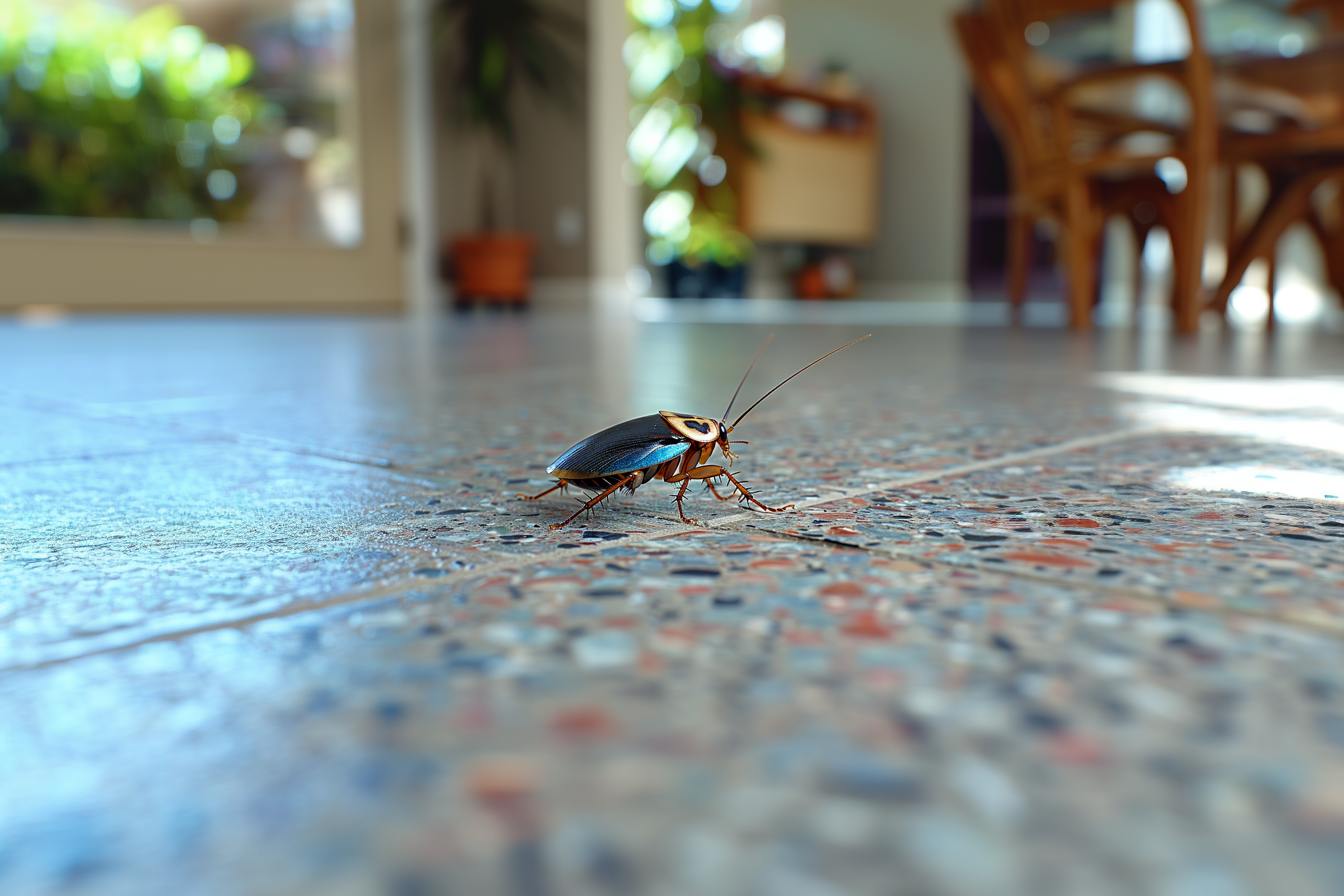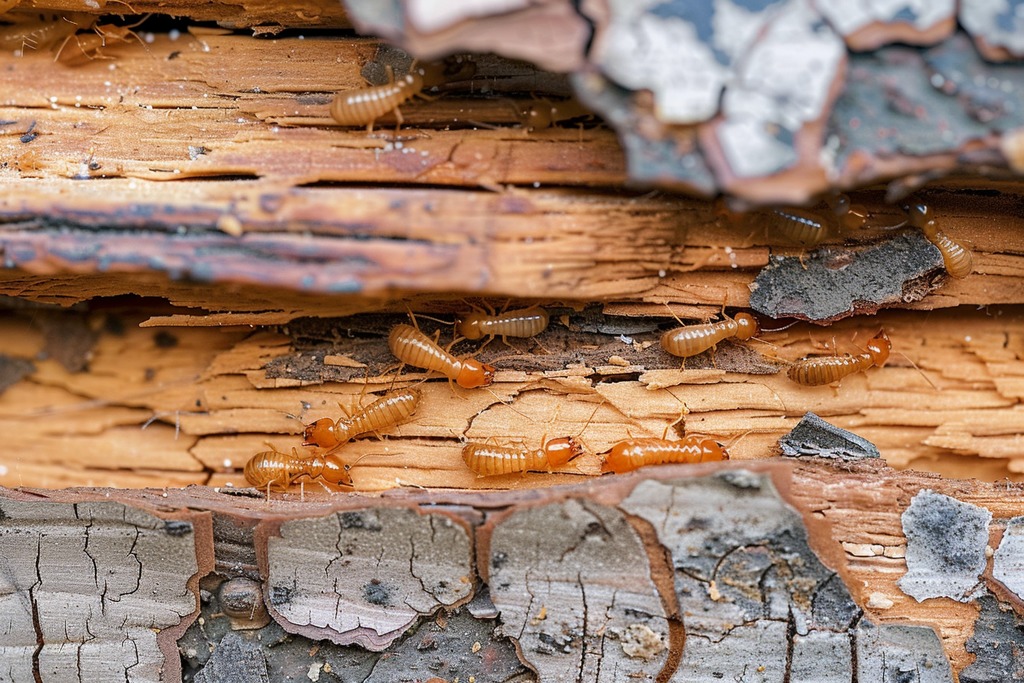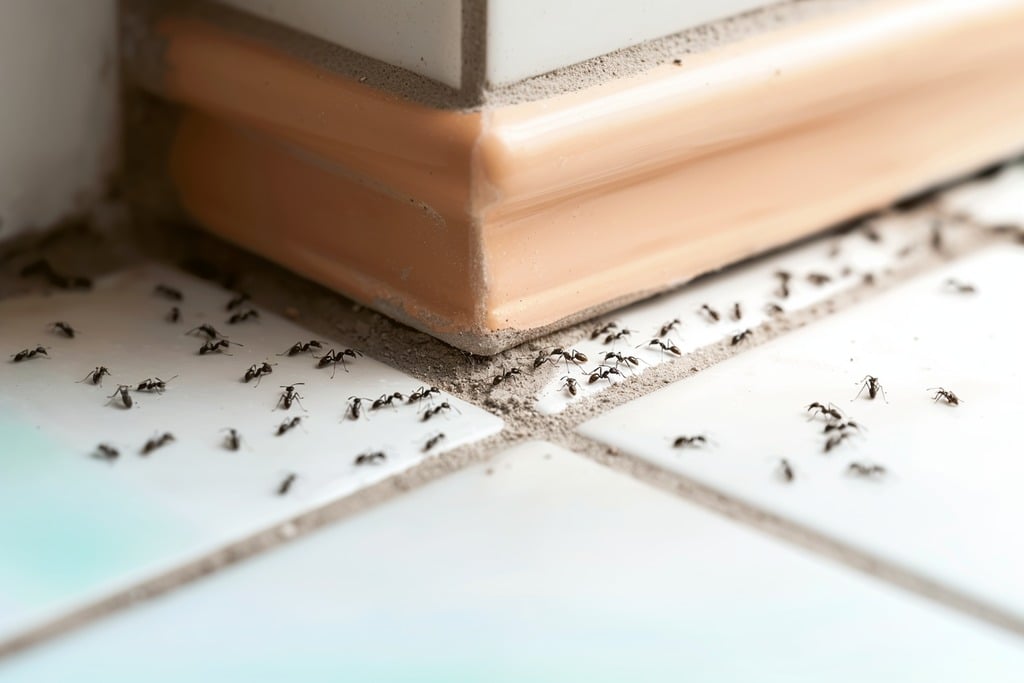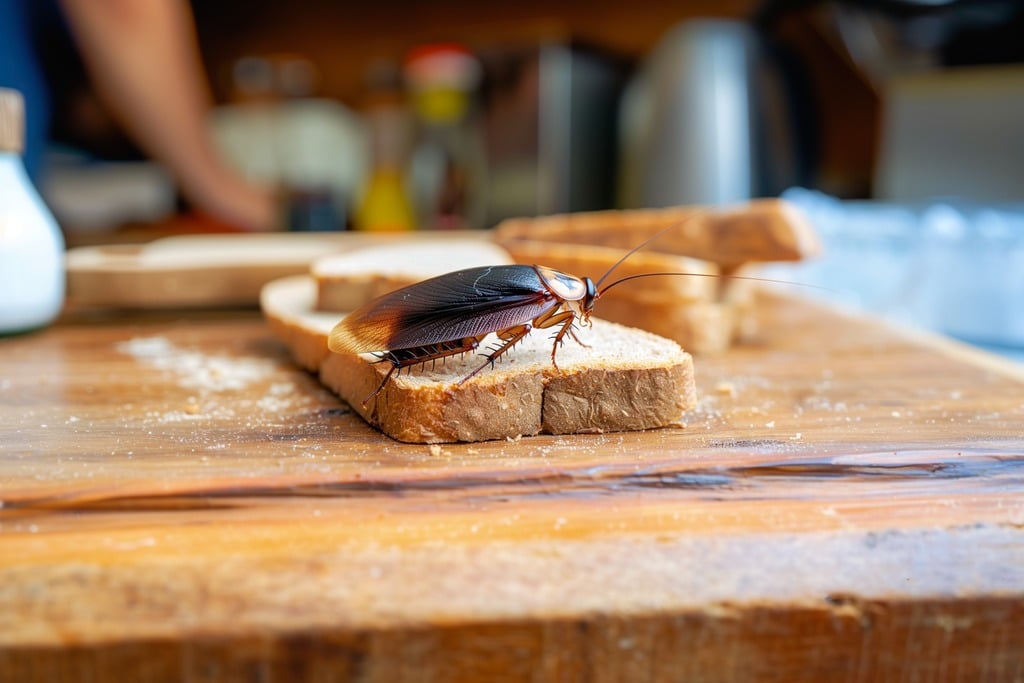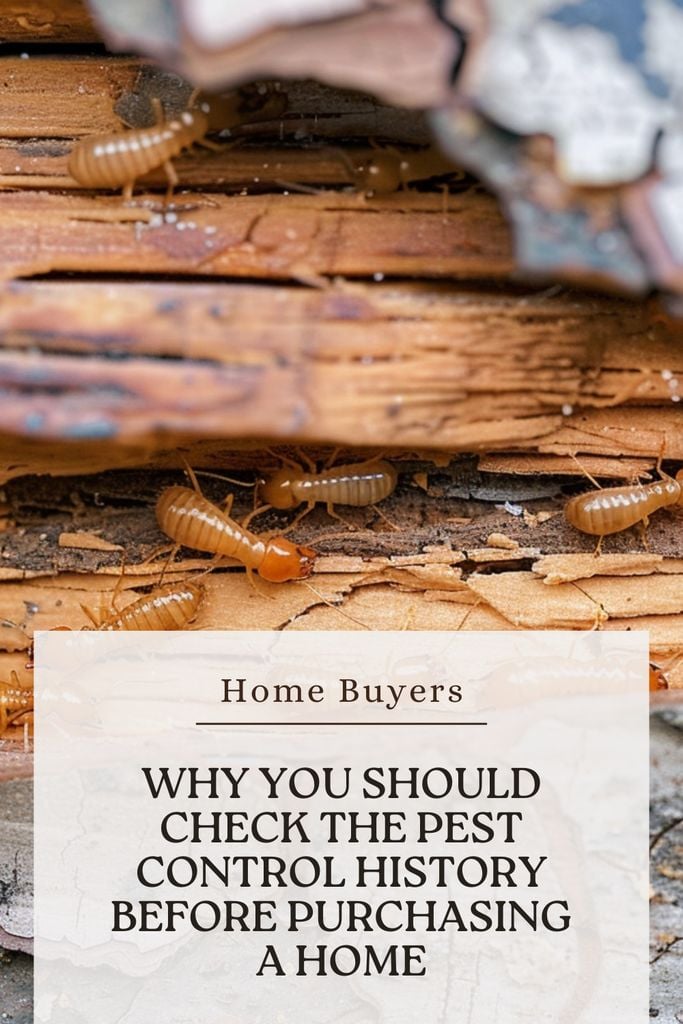Alright, let’s dive right into a topic that might make some folks squirm but is absolutely crucial when buying a home—the pest history. Imagine moving into your dream home only to find you’re not the only resident! Yep, we’re talking about unwanted critters that could range from termites that munch away your foundations to rodents that think your wiring is a snack. In this blog, we’ll explore why knowing the pest control history of a home isn’t just a box to tick—it’s a must for ensuring your new home is safe, sound, and truly yours alone.
Why Pest Control History Matters in Home Buying
1. Identifying Past Infestations
First things first, checking the pest control history helps you identify any past infestations the property has had. This isn’t just about knowing what was there but understanding the severity and frequency of these incidents. Was it a one-time ant invasion or a recurring termite problem? These details can give you insight into potential future threats and help you gauge the ongoing maintenance needs.
2. Assessing Damage and Repairs
Pests can cause significant damage to a property. Termites, for example, can undermine structural integrity, while rodents can damage electrical systems and insulation. When you review the pest control records, look for notes on any damage that occurred and how it was addressed. Were repairs made promptly and properly? Is there a risk of underlying issues that haven’t been fully resolved? Knowing this can prevent you from walking into a money pit.
3. Understanding the Property’s Care and Maintenance
The attention given to pest control is often reflective of the overall care the property has received. A detailed and consistent pest control history suggests proactive property management—always a good sign for potential buyers. Conversely, sporadic or absent records might raise red flags about the general upkeep and other potential hidden issues.
4. Estimating Future Costs
Knowing the pest control history can also help you estimate future costs. If a home has a history of pest issues, you might need to budget for ongoing treatments and prevention strategies. This can be a deciding factor in whether or not a property is a worthwhile investment, especially if you’re tight on budget or looking for a relatively maintenance-free home.
5. Negotiating Power
Armed with information about past pest problems, you have more leverage in negotiations. You can request repairs, ask for a reduction in price, or even stipulate that the seller includes pest control measures as a condition of the sale. Knowledge is power, and in real estate, it’s also money.
6. Peace of Mind
Finally, there’s something to be said for the peace of mind that comes from thorough due diligence. Understanding the full scope of what you’re buying into helps you make an informed decision and reduces the likelihood of unpleasant surprises down the line.
How to Get the History of Pest Control for a Home
Getting your hands on the pest control history of a home you’re considering can be super important! Here’s how you can go about it:
- Ask the Seller: Start by asking the current homeowner or the real estate agent directly. Sellers can provide this information during the disclosure process. If they have a regular pest control service, they might have records and receipts which show the history of pest management.
- Check Disclosure Statements: In many places, sellers are required to fill out detailed disclosure statements. These might include information about any known pest problems and what measures were taken to address them. Make sure to review these documents carefully.
- Contact Pest Control Companies: If you know which company the seller has been using, you can contact them directly to request a history of the services provided to the property. You might need the seller’s permission to access these records.
- Pest Inspection: Hiring a professional inspector who specializes in pest inspections can provide a comprehensive look at the current state of the home. They can offer insights into potential problems and past infestations.
- Review Home Maintenance Records: Sometimes, pest control information is included in home maintenance records or in renovations documentation, especially if there were repairs due to pest damage.
- Neighborhood Inquiry: Talking to neighbors can also be enlightening. Neighbors might provide historical context, especially if the area has had common issues with certain types of pests, like rats or cockroaches. Both pests are prone to moving between close dwellings, especially if one isn’t actively taking measures to prevent it.
Collecting this information will give you a clearer picture of what issues the property may have faced in the past and what future problems you might encounter. It’s a key step in making an informed decision about your potential new home!
Conclusion: A Stitch in Time Saves Nine
In the realm of home buying, the adage “a stitch in time saves nine” couldn’t be more applicable. Checking the pest control history as part of your purchase decision is akin to performing a thorough health check on a property. It’s about making sure you’re not just buying a home, but also buying into a problem-free future where you don’t have to deal with previous owners’ pests.
Remember, when it comes to property investment, it’s not just about location, location, location—it’s also about information, information, information. Ensuring you have all the facts, especially concerning something as crucial as pest control, can make the difference between your dream home and a potential nightmare.
Before you sign on the dotted line, make sure you’re stepping into a home sweet home, not a home, sweet, erm… termite buffet. And if you’re ever in doubt, don’t hesitate to call in a professional to give the place a thorough once-over—it could save you a lot of hassle and expense in the long run.
Frequently Asked Questions (FAQs)
Q: How often should I check for pests in my new home?
A: It’s generally recommended to have a professional pest inspection at least once a year, but this can vary depending on the location and history of the home.
Q: What are the signs of a pest infestation?
A: Common signs include visible pests, droppings, damage to wood or fabric, strange smells, and unexplained noises within walls.
Q: Can I ask the seller for a pest inspection report?
A: Yes, it’s perfectly reasonable—and advisable—to ask for recent pest inspection reports during your buying process. However, it’s even better to hire your own pest inspector to give their professional opinion on the matter.
We hope this comprehensive guide helps you understand why pest control history is a critical aspect of your home-buying checklist. Looking out for these issues upfront can save you a lot of trouble and expense, ensuring that your new home is as wonderful in reality as it is in your dreams.

